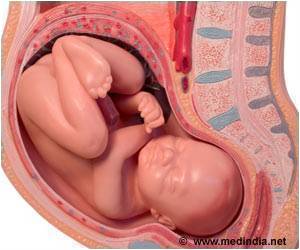Scientists for the first time have developed a vaccine for gut bacteria common in autistic children that may help control some autism symptoms.

C. bolteae is known to play a role in gastrointestinal disorders, and it often shows up in higher numbers in the GI tracts of autistic children than in those of healthy kids.
More than 90 percent of children with autism spectrum disorders suffer from chronic, severe gastrointestinal symptoms. Of those, about 75 percent suffer from diarrhea, according to current literature.
"Little is known about the factors that predispose autistic children to C. bolteae," said Monteiro.
Although most infections are handled by some antibiotics, he said, a vaccine would improve current treatment.
"This is the first vaccine designed to control constipation and diarrhea caused by C. bolteae and perhaps control autism-related symptoms associated with this microbe," he said.
Some researchers believe toxins and/or metabolites produced by gut bacteria, including C. bolteae, may be associated with symptoms and severity of autism, especially regressive autism.
The new anti- C. bolteae vaccine targets the specific complex polysaccharides, or carbohydrates, on the surface of the bug.
The vaccine effectively raised C. bolteae-specific antibodies in rabbits. Doctors could also use the vaccine-induced antibodies to quickly detect the bug in a clinical setting, said Monteiro.
The vaccine might take more than 10 years to work through preclinical and human trials, and it may take even longer before a drug is ready for market, Monteiro said.
But this is a significant first step in the design of a multivalent vaccine against several autism-related gut bacteria, he said.
The groundbreaking study appeared this month in the journal Vaccine.
Source-ANI
 MEDINDIA
MEDINDIA




 Email
Email









